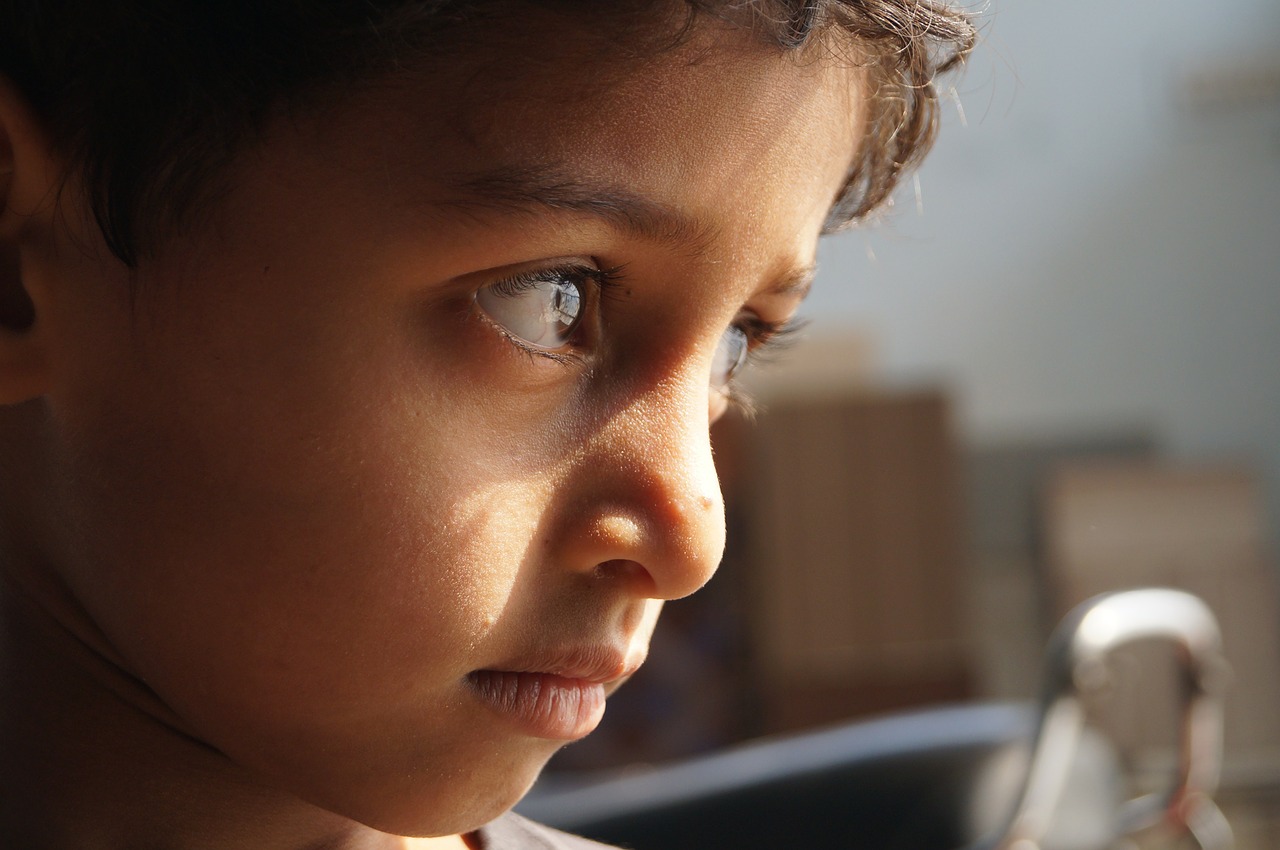We’ve all been there. We’ve witnessed it or we’ve been a part of it. The screaming child out in public. Immediatley all eyes are on you.
Why are they crying? Do they need help? Are they just upset? Are they angry? Are they sad?
From the emotion outpouring of the child can also come panic in the adult with them, and many around them.
From newborns to school-age children, most children can have tantrums or meltdowns on their way to fully understanding their emotions, the consequences of them, and how to properly manage them.
However, various causes may leave your child struggling more than normal to control their emotions.
So how do you know if your child’s anger level is not normal?
- Child is older than 8 and still has tantrums
- Child is older than 8 and still has uncontrollable outbursts
- The child is a harm to themselves or others
- Anger interferes with social interactions negatively
- Anger is a severe disruption to household life
- Anger is creating low self esteem for the child

Possible causes include:
ADHD: Children with ADHD, or attention deficit disorder, can often have trouble with impulsivity and properly expressing themselves. Due to their attention issues, otherwise normal behaviors, such as remembering to do one’s homework, may cause massive stress and anxiety for a child with ADHD. These types of experiences can build up to the point where the child lashes out. Additionally, children with ADHD may also have learning issues that can cause them stress and low self esteem. Depression: Depression in children can be seen as relentless sadness that interferes with the child’s social life, school work, and home life. Children may express their depression through anger in order to hide how they really feel. Bipolar Disorder: This disorder can be misdiagnosed as ADHD. Like ADHD, bipolar disorder can cause irritability and hyperactivity. However, unlike ADHD, this disorder can cause more intense lashing out and levels of hostility. These bouts of anger can regularly include intense verbal and physical expression, where rages can last for hours. ODD: Children with oppositional defiant disorder are often routinely angry or violent with authority figures, such as parents or teachers. This is more than a routine testing of boundaries that every child goes through. Tactics that may work on adolescents to calm their argumentative or angry nature do not usually work with children with ODD.Do you need help with your child’s anger?

